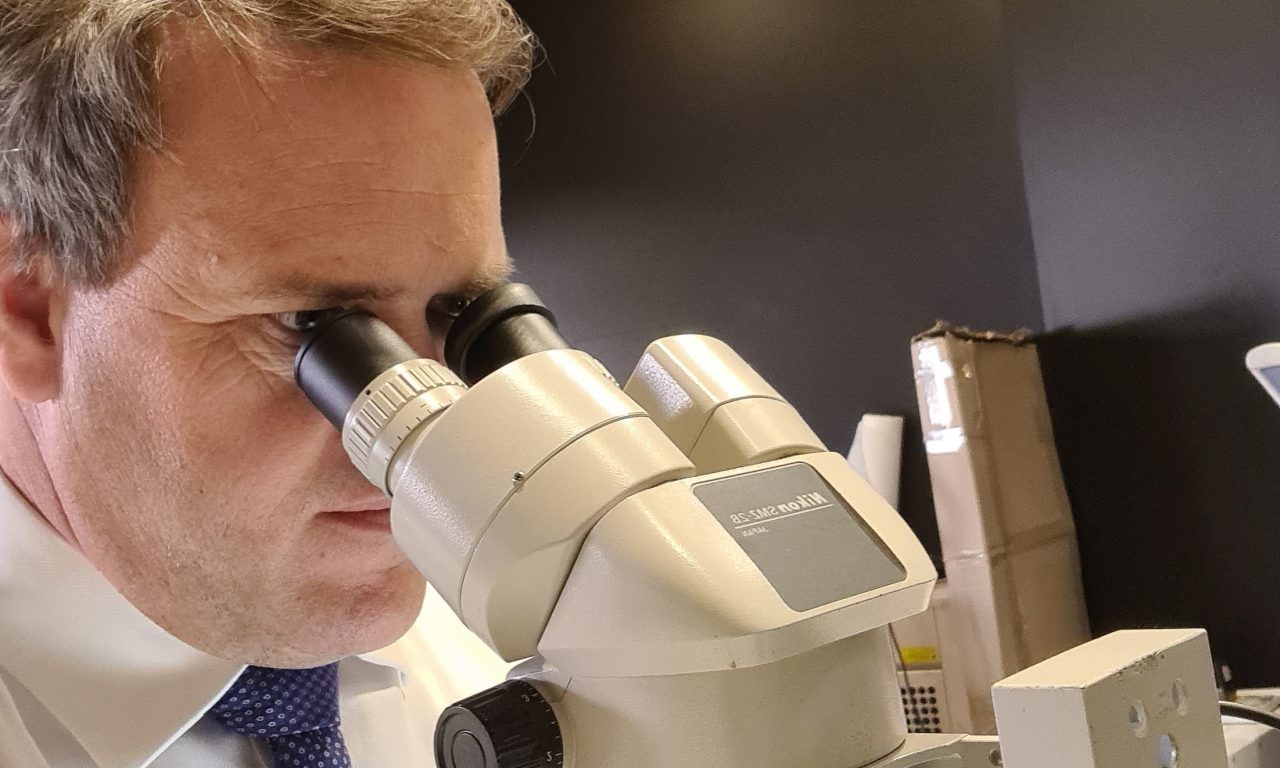With an experienced engineer at the helm, one with a major in ‘mechatronics’ – a blend of mechanical and electronics engineering – and who has spent all his career in medical devices, Australian Unity’s new ‘Future of Healthcare’ fund is looking to add value to its investee companies.
Victor Windeyer, the portfolio manager of the new fund, is looking to raise about $200 million over the next two years with the fund’s initial application close dates planned for December and March next year, says he is not a buy-and-hold investor. His career has spanned both analysing the financials of medical devices and, in some cases, inventing them.
The former leader of Citi’s healthcare equities research team had hands-on development roles from 1995 starting at Cochlear, where he worked on the development of implants and the ‘audallion speech processor’ and at Vision Systems, where he invented the Pelorus tissue processor used globally for processing biopsies. He was the program and operations manager at Ventracor Ltd and general manager of Sunshine Heart Ltd, which developed an ‘extra-aortic’ balloon heart, before his eight years in financial research at Citi.
Before joining Australian Unity, he originated QIC Global Infrastructure’s first healthcare acquisition, that of Nexus Hospitals, last year. He is a director of Austral Bionics, which he co-founded, and which is working on a bionic eye, and a director of BroncoDX, which developed an infrared lung cancer detection system.
Australian Unity had been working on the fund for nearly two years prior to its launch, lining up institutional third-party marketer Principle Advisory Services, which will focus on the bigger investors for the raising alongside Australian Unity’s own distribution team.
The fund is open ended, has an initial three-year lockup and twice-yearly windows of liquidity. The investment minimum is $50,000, with the Fund already seeing good interest from a broad range of wholesale and institutional investors.
Ken Licence, Principle’s managing director, says the fund is targeting an annualised return of 12 per cent before fees. Most of the return will come from the listed and private equity component of the strategy. Property will also play a part in the portfolio and include medical and health related real estate, disability, retirement, independent living and aged care. “It’s mainly a growth-focused fund with a bit of income,” he says.
Windeyer is currently supported by senior portfolio analyst Sam Walker, from Australian Unity, who helps with the screening process, and portfolio manager Damian Diamantopoulos. Two additional recruits are planned for next year and the fund can tap into the long-established networks and experience of Australian Unity’s longstanding joint venture with micro and small-cap manager Acorn.
The fund’s goal is to “deliver sound growth returns by investing to support the future healthcare needs of Australians”. Investments will span venture capital and private equity, listed equities and property and social infrastructure.
It has already made an investment in a company called Lumos Diagnostics which has developed a device which has UK and European approvals, that can distinguish between a bacterial and a viral infection, with just a finger-tip brush on the patient and 10-minute wait, rather than a time-consuming blood test and perhaps 24-hour wait. About 30 per cent of viral infection patients are incorrectly prescribed antibiotics.
Windeyer has global contacts through universities, as well as Australian, and Australian Unity, as a diversified manager, health insurer and care facility operator, also has many contacts. The fund has its own advisory committee, the initial members include:
David Thomas, the head of the ‘cancer theme’ at the Garvan Institute for Medical Research, Robert Herkes, the chief medical officer at the Australian Commission on Safety and Quality in Healthcare and Rohan Mead, the group managing director and chief executive of Australian Unity.
Windeyer says: “There’s a lot of action in Silicon Valley, Boston and Minneapolis, but there are good opportunities in Australia too. We’d like to explore the pockets of real excellence in Australia.”

